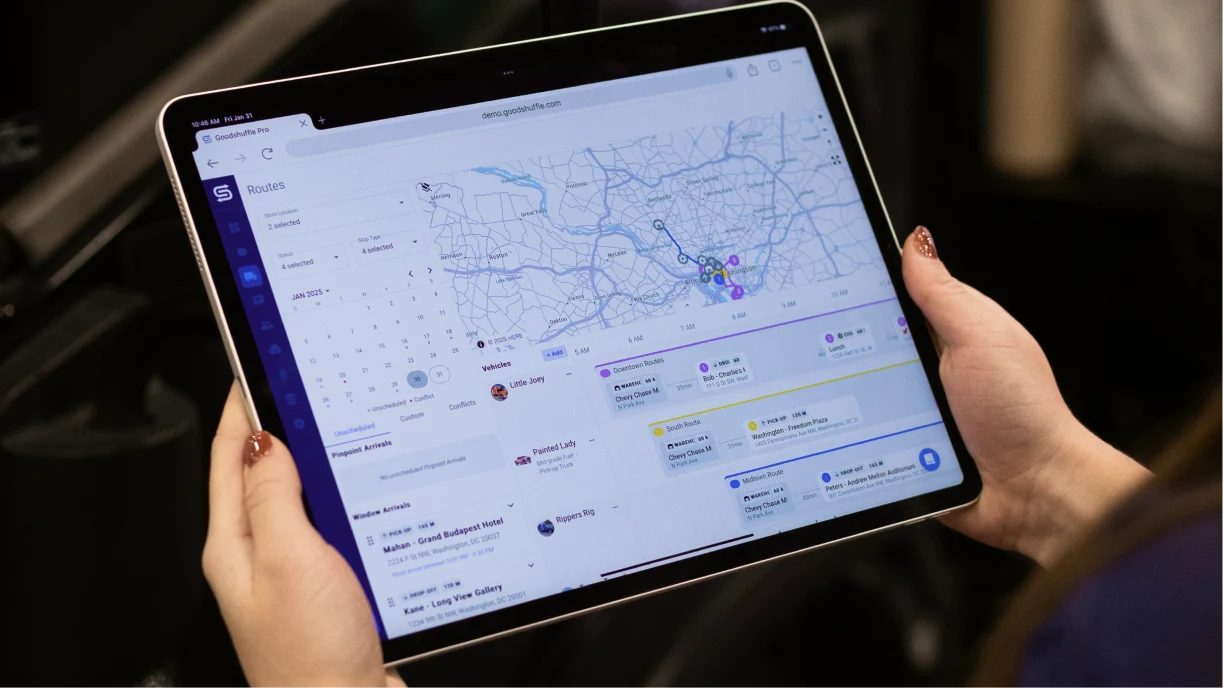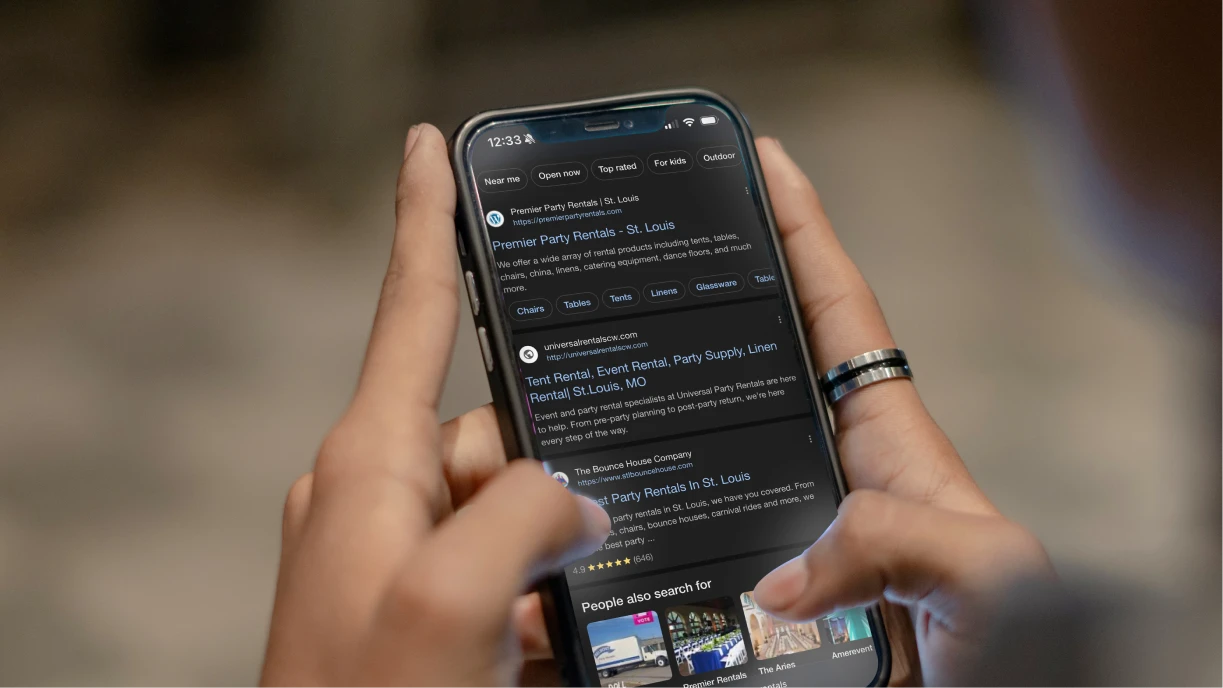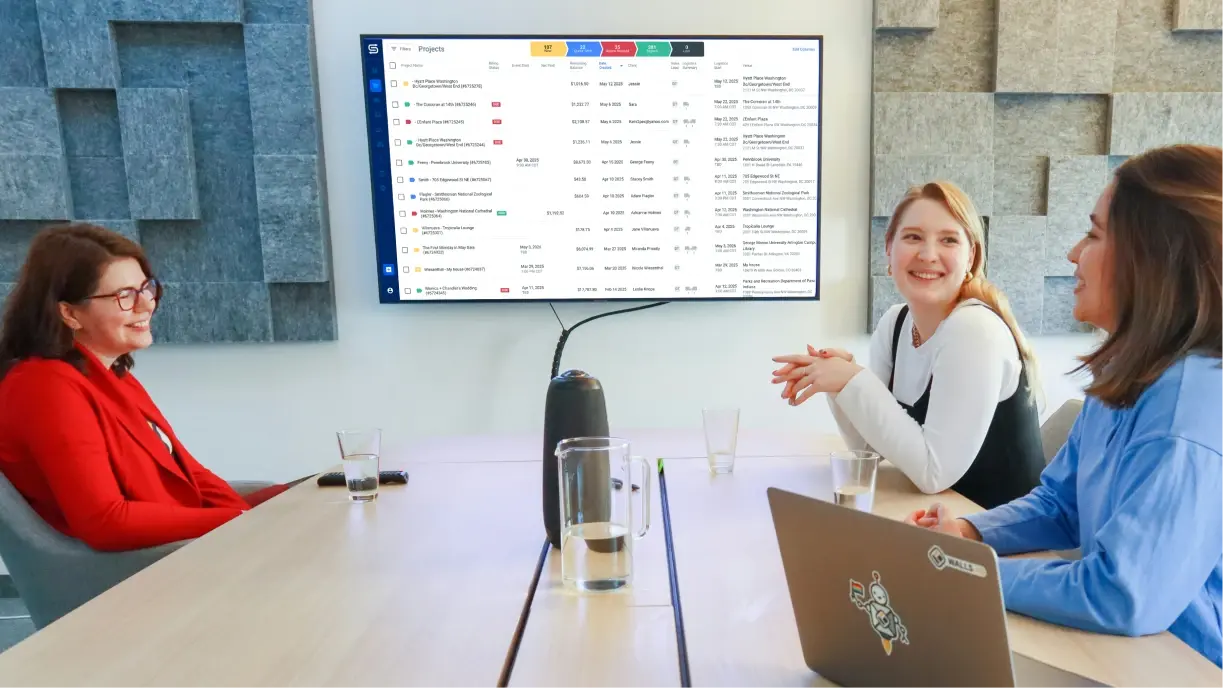Virtual events are the way of the future. In 2021, a whopping 92% of event organizers shifted to hosting virtual events, and companies continue to invest. Why? It’s one of the best ways to reach and engage a wide audience, and small-scale events actually take fewer resources than you might think.
Nonetheless, it can be difficult to measure an event’s ROI. You often won’t see a return until months down the line and many virtual events are free. Without a ticket price, it can be difficult to drive revenue, but you can still maximize your ROI if you plan your event wisely. These tips can help.
1. Set Your Goals and KPIs
To get the most ROI, you’ll need a laser-sharp focus on your goals. You’ll have to first determine what those goals actually are. If your focus is sales and revenue generation, the ROI is easy to determine. This often isn’t the case for virtual events, though. Usually, events will focus on less tangible goals like building brand awareness, audience education, lead generation, and building customer trust.
Pair your goals with KPIs that you can easily track. Think: how many registrations do you want? How much engagement? How many conversions? This way you’ll know if your event is or isn’t working and can shift your strategy if needed.
2. Take Things Slow
About 50% of all people who register for a virtual event end up attending, so giving yourself enough time to strategize and reach more people can make a huge difference. Research has shown that short timelines are one of the biggest challenges event marketers face. To combat this, give yourself three to six weeks to promote a small virtual event and more than six weeks to promote a large virtual conference.
3. Choose The Right Technology
Certain event platforms have different advantages, whether you’re selling tickets, live-streaming, or hosting a virtual trade show. Choose technology that aligns with your KPIs. If you want to drive revenue, use a platform with a simple payment process. If you want to collect leads, use a platform that helps organize your data.
Technology doesn’t just extend to the right ticketing or event platform. You may also need professional audio equipment. High-quality audio actually increases engagement—and research backs it up. Rather than rely on your built-in microphone and camera for something like a Zoom conference, purchase a high-quality webcam and microphone.
4. Advertise to the Right Audience
If your virtual events have had a modest ROI in the past, you may be focusing on the wrong audience. A lot of brands try to cast the widest net (after all, anyone from anywhere can attend). They waste money on free swag and broad marketing that doesn’t target the people most likely to make a conversion. Instead, make sure you’ve targeted your marketing spend on efforts that reach the most qualified leads. Both your goals and audience should align.
5. Encourage Audience Engagement
Most virtual event attendees want to engage with speakers, whether it’s one-on-one appointments, Q&As, or a live chat. The more engaged your attendees are, the more likely they are to make a conversion (hello, ROI). It’s a good idea to integrate a range of engagement opportunities. Studies have shown that the most highly attended events tend to utilize a mix of live Q&As, live polls, and quizzes to encourage attendees to participate.
6. Offer an On-Demand Recording
Not everyone can attend your event at the time it actually happens. Offering an on-demand recording can help reach high-powered users who are interested but short on time (think: B2B decision-makers, managers, and C-suite execs). This is particularly valuable for educational content because it allows attendees to refer back to portions of your event for a deeper understanding.
7. Repurpose Your Digital Content
Have you ever heard of the marketing rule of seven? It’s an old adage that says someone has to see a marketing message seven times before they take action. In other words, one virtual event may not cut it. To maximize your ROI, repurpose portions of your virtual event into content that you can use across your website, newsletters, and social media. It continues the conversation and keeps your brand in the front of your attendees’ minds.
8. Follow-Up
Don’t underestimate a simple follow-up email. A virtual event is so much more than the actual event. In fact, 74% of B2B event organizers won’t see a positive ROI until six or months after their event. A follow-up can help you keep your brand in focus and generate qualified, long-term leads that will drive conversions down the line.






